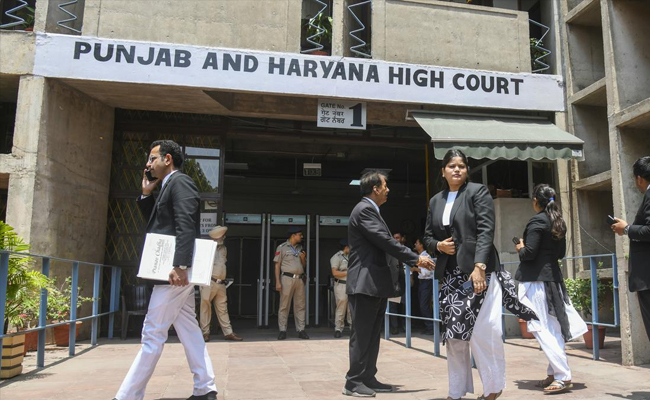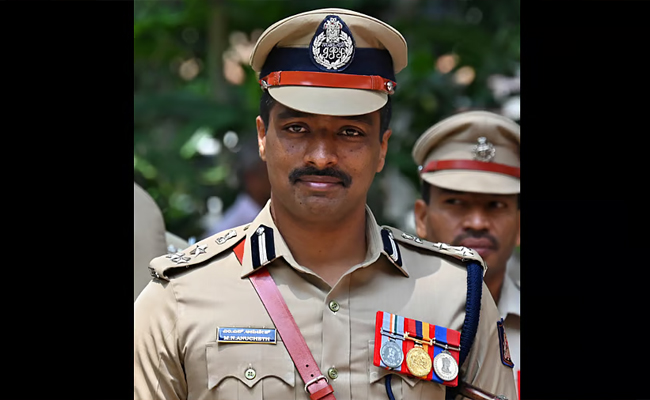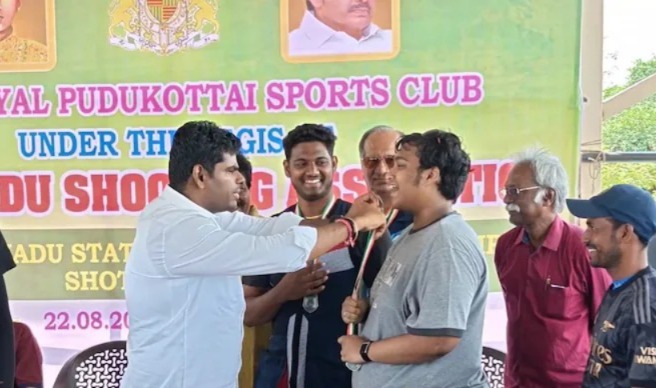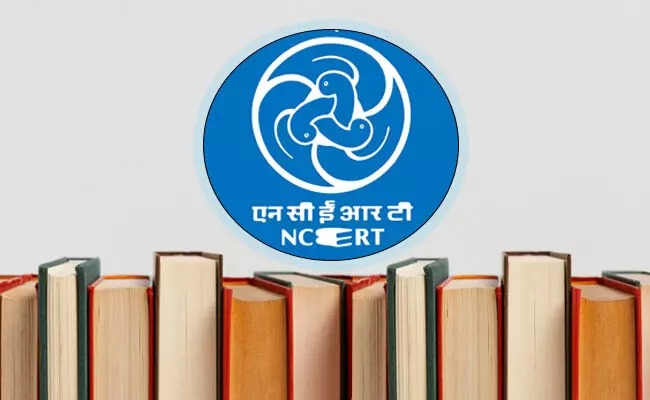Mirzapur (PTI): Twelve girls belonging to Dalit and OBC communities from a government residential school in the remote Marihan area of Uttar Pradesh's Mirzapur district have cracked the NEET-UG examination this year, drawing praises from several quarters.
Many people hailed it as a "milestone" in the region's progress.
According to officials, a total of 25 girls from Sarvodaya Vidyalaya in Marihan appeared for the NEET-UG exam, the results of which were declared on June 14.
Among them, Shweta Pal, Kumari Pooja Ranjan, Princi, Malti, Komal Kumari, Lakshmi, Anuradha, Komal, Laxmi, Sabhya Prajapati, Dipti Gupta and Pooja Sonkar cleared the test. All of them belonged to SC (scheduled castes), ST (scheduled tribes) and OBC (other backward classes) communities.
Shweta Pal, one of the girls who were qualified, said she felt elated by the results.
"Our teachers and wardens ensured that we stayed focused on our studies. My Chemistry teacher Arvind sir and Biology teacher Sudhir sir were always available for help. Our school provided indoor and outdoor games facilities if we needed to refresh."
Shweta's father Heera Lal also praised the school's support system.
"The school and hostel facilities were excellent. The teachers were cooperative and encouraging," he said.
Ramesh Ranjan, father of another successful candidate, Pooja Ranjan, said his daughter was excited that she cleared the test in her first attempt. He said she previously studied at the Sarvodaya Vidyalaya in Sonbhadra before shifting to Marihan for Classes 11 and 12.
"Pooja scored 81 per cent in the UP Board exams because she worked hard. She studied 16 to 18 hours a day -- six hours of school, five hours of coaching, and six to seven hours of self-study," he added.
The girls' achievement have drawn the attention of higher-ups.
Uttar Pradesh's Minister for Social Welfare (Independent Charge) Asim Arun congratulated the successful students. Terming the feat as a "brilliant success", he wished them a bright future.
"Some years from now, these girls will become doctors and save people's lives, make them healthy. We will ensure that there is no interruption in the scholarship of these girls," he said in an X post on Tuesday.
Lauding the school for its efforts, District Magistrate Priyanka Niranjan said, "This is a milestone for the area. Sarvodaya Vidyalaya of Marihan has proved to be an exemplary model for government schools. This is a residential school, the girls have been studying here for two or more years. In addition to regular schooling, they also attended coaching for NEET and JEE. Lodging, boarding and education -- everything here was free."
District Social Welfare Officer Trinetra Singh said, "Marihan Sarvodaya Vidyalaya was developed as a Centre of Excellence. Both the Deputy Director of Social Welfare and I kept a close watch on their grooming and coaching. We provided all required facilities -- books, coaching, food, and indoor-outdoor games."
According to Director of Social Welfare Department Kumar Prashant, the Centre of Excellence initiative at Sarvodaya Vidyalaya in Marihan was being run in collaboration with Ex-Navodayan Foundation in Varanasi and Tata AIG.
He said a total of 39 girls received free coaching for NEET and JEE at the centre. Of them, 26 students registered for NEET, 25 appeared and 12 were qualified.
The Social Welfare Department currently runs around 100 Sarvodaya Vidyalaya residential campuses across the state for economically weaker students from Classes 6 to 12. These institutions provide free quality education along with coaching for competitive exams, and create new opportunities for students from marginalised communities.
Let the Truth be known. If you read VB and like VB, please be a VB Supporter and Help us deliver the Truth to one and all.
Chandigarh (PTI): The cow is a pious animal and "certain acts" can severely impact peace when they offend beliefs of a "significant population group", the Punjab and Haryana High Court has said while dismissing the anticipatory bail given to a Nuh resident accused of transporting cows for slaughter.
Asif was booked along with two others in April this year under the Haryana Gauvansh Sanrakshan and Gausamvardhan Act, 2015, and the Prevention of Cruelty Act, 1960, for allegedly transporting cows to Rajasthan for slaughter.
"The present offence, apart from its legal implications, is laden with emotional and cultural undertones, given the unique status of the cow in Indian society," Justice Sandeep Moudgil said in an order earlier this month. It was made public on Monday.
"This court cannot remain oblivious to the fact that in a pluralistic society like ours, certain acts, while otherwise private, can have severe repercussions on public peace when they offend the deeply held beliefs of a significant population group," the court said.
The cow is not only a pious animal but also an integral part of India's agrarian economy, the judge said.
According to the state counsel, the petitioner was actively involved in the alleged offence of cow slaughter. Therefore, his custodial interrogation was imperative for a fair and effective investigation, he submitted.
The court said the Constitution does not merely protect rights in abstraction but seeks to build a just, compassionate, and cohesive society.
"Article 51A(g) Constitution of India enjoins every citizen to show compassion to all living creatures. It is in this context that the alleged act of cow slaughter committed repeatedly, deliberately, and provocatively strikes at the core of constitutional morality and social order," said the order.
The court observed that the offence alleged in the present FIR deals with the allegation of slaughtering a cow in conscious defiance of existing law and in utter disregard to the sentiments of the community at large.
'It is evident from the material placed on record that the petitioner is not a first time offender. He is alleged to have previously been involved in three other FIRs pertaining to similar offences.
"In those cases, the petitioner was granted the benefit of bail as a gesture of judicial trust, which appears to have been misused, rather than respected," said the court order.
Anticipatory bail, it said, is a discretionary relief, intended to protect innocent individuals from motivated or arbitrary arrest, not to provide sanctuary to those who repeatedly violate the law with impunity.
Protection of pre-arrest bail should not be granted when the applicant has been shown to be a habitual offender or where his custodial interrogation is necessary for fair investigation, it said.
The court also cited the Supreme Court verdict in the 2005 State of Gujarat vs Mirzapur Moti Kureshi Kassab Jamat case that upheld the constitutional validity of cow slaughter prohibitory laws and recognised the constitutional directive under Article 48 of the Constitution as reflecting the moral and economic ethos of society.
While dismissing the anticipatory bail plea, Justice Moudgil also observed that the court is conscious of the need to safeguard individual liberty.
"But where such liberty is demonstrably misused, and where the petitioner's conduct is indicative of recidivism, the law must respond with firmness. The right to bail is not to be confused with the right to impunity," according to the order.
"Considering the serious nature of the allegations involving offences of moral turpitude, coupled with the fact that the petitioner is a habitual offender with a likelihood of reoffending, this court is of the opinion that no grounds are made out for grant of anticipatory bail," it said.





